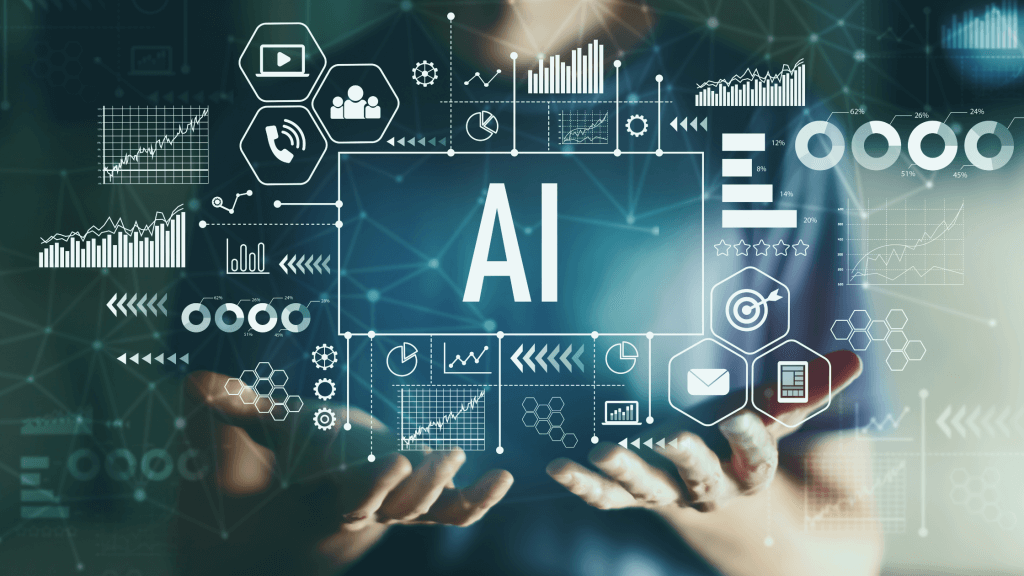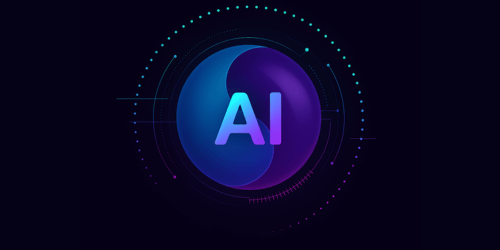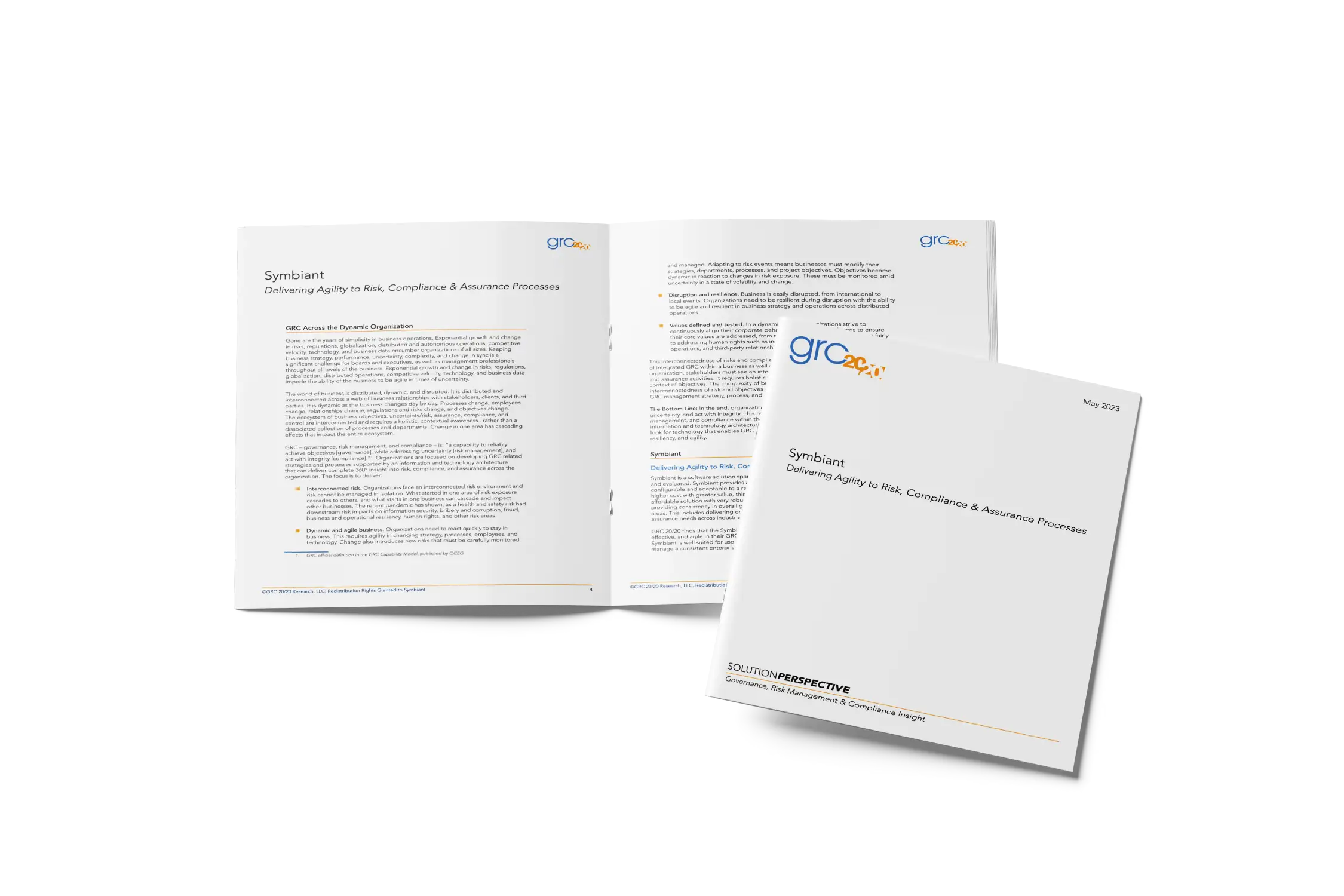AI and Risk Management
In the realm of risk management, AI (Artificial Intelligence) integration stands out as a noteworthy development that plays a pivotal role in ensuring the stability and success of organisations across industries in today’s business landscape.
AI has emerged as a valuable tool for risk management by utilising advanced algorithms and data analysis to enhance risk assessment and mitigation strategies.
Whether applied in any number of industries, AI’s contributions reshape how we approach and address potential risks.
This intersection holds promise for more informed decision-making in an ever-changing environment.
The Potential Benefits of AI in Risk Management
AI has countless potential benefits to the risk industry and beyond.
AI systems adeptly collect and process extensive data from diverse sources, encompassing historical, news, social media, and sensor data. Subsequently, machine learning algorithms meticulously analyse this data, pinpointing patterns, trends, and anomalies that may signify potential risks.
Now, let’s delve into a few of these advantages:
AI for Risk Identification
AI presents a transformative advantage in risk assessment and categorisation, surpassing conventional methods. Its capabilities span various domains. For instance, AI can meticulously scrutinise market data in the financial sector, identifying trends indicating potential financial crises or investment opportunities. This advanced technology harnesses data-driven insights, bolstering risk management and safeguarding both economic and public health interests.

Fraud Detection
Artificial intelligence excels in detecting fraudulent activities through meticulous analysis of transaction data, deftly recognising any abnormal patterns or behaviours indicative of wrongdoing. Unlike rule-based systems, machine learning models continuously adapt to evolving fraud techniques, making them highly effective in preventing financial misconduct.
Data Collection and Analysis
AI systems actively collect and process copious amounts of data from many sources, such as historical records, news outlets, social media platforms, and sensor readings.
Machine learning algorithms diligently scrutinise this extensive dataset to discern patterns, trends, and anomalies, effectively pinpointing potential risks.
Global Impact
AI transcends geographic limitations, allowing organisations to address global risks adeptly. It empowers them to navigate various challenges, from cybersecurity threats to natural disasters, through providing early warning systems and predictive analytics.

The Potential Risks of AI in Risk Management
Within the sphere of risk management, several potential pitfalls emerge, including biases stemming from skewed data, overreliance in the absence of human oversight, and susceptibility to adversarial attacks. These challenges warrant meticulous consideration as AI increasingly takes centre stage in contemporary risk management. Achieving a comprehensive and resilient approach necessitates a delicate equilibrium between AI and human expertise.
Bias and Fairness
AI systems can inherit biases from their training data, potentially causing unfair decisions and discrimination. Consequently, in risk management, biased AI algorithms can perpetuate unfair lending practices, unequal access to insurance, or discriminatory outcomes in various domains. Organisations must be vigilant to ensure equitable and just risk management practices.
Overreliance on AI
Excessive AI reliance can reduce human oversight and foster complacency in risk management. Human expertise, essential for nuanced decisions, must complement AI. Overreliance on AI can lead to blind spots, especially when it misses unforeseen risks. Combining human judgement and AI, a balanced approach ensures robust risk management practices.
Adversarial Attacks
Malicious actors seek to manipulate AI systems by introducing misleading or adversarial data, potentially causing erroneous risk assessments and security breaches. Consequently, organisations must proactively establish safeguards to identify and counter malicious attacks, ensuring the integrity and reliability of their AI-driven risk management processes.
Human-Machine Collaboration
Although AI is a potent tool, human expertise continues to play an indispensable role. Successful risk management frequently requires collaboration between AI-generated insights and human judgement, creating a well-rounded and thorough approach.
Summary
In summary, AI is a formidable risk management ally, offering invaluable data analysis, pattern recognition, and predictive analytics capabilities. Nevertheless, it is essential to regard AI as a tool that enhances risk managers’ abilities rather than a substitute for human expertise. As exemplified, potential risks like bias, overreliance, and adversarial attacks emphasise the importance of balancing AI-generated insights and human judgment. This synergy between AI and human expertise ensures a more comprehensive, nuanced, and resilient approach to risk management, safeguarding organisations against a wider array of threats and challenges. Embracing AI as a complementary tool empowers risk managers to leverage their strengths, make informed decisions, adapt to evolving landscapes, and effectively navigate complex global risks.
For easier reading – we have a graphic on our LinkedIn for you to share:
Or contact us today:




